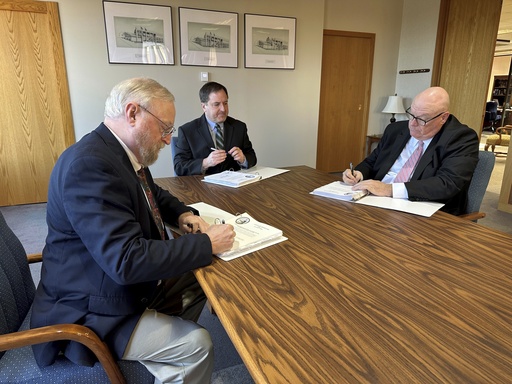In the past six years since the U.S. Supreme Court opened the door for states to implement sports betting, each year has recorded an increase in the total amount of money wagered legally.
With projections indicating that nearly $130 billion could be wagered by the end of 2024, this trend comes amid a turbulent year marked by serious scandals in the sports community.
Among the incidents that attracted negative attention was the lifetime ban of former Toronto Raptors player Jontay Porter from the NBA. An investigation revealed that he had shared confidential information with bettors and had faked injuries to manipulate proposition bets linked to his own performance.
Another high-profile case involved Ippei Mizuhara, who served as Shohei Ohtani’s interpreter. Mizuhara pleaded guilty to fraud, having embezzled nearly $17 million from Ohtani to settle illegal gambling debts. Although Ohtani was exonerated of any involvement, the association with these events tarnished his reputation.
John Holden, an associate professor at Indiana University focusing on gambling and athletic policies, emphasized the connection between sports betting and corruption, suggesting that the rise in sports betting in the U.S. would not take place without facing similar issues seen globally.
During the time of his infractions, Porter was signed on a two-way contract with the Raptors, with an annual salary of $410,000, significantly less than standard NBA contracts exceeding $2 million. He admitted to his wrongdoing in July, stating it stemmed from a desperate need to clear large gambling debts.
NBA Commissioner Adam Silver acknowledged in May that proposition betting, by its nature, invites manipulation more so than other forms of betting. Following Porter’s ban, BetMGM Sportsbook announced in October it would cease taking NBA prop bets involving players on two-way or 10-day contracts, joining major sportsbooks like DraftKings and FanDuel in this decision.
However, Andrew Brandt, head of Villanova’s Moorad Center for Sports Law, suggested that the full long-term implications of these scandals remain uncertain, indicating that while Porter was an expendable player to send a message, the Mizuhara-Ohtani situation touched on deeper trust issues.
The impact of these controversies may have influenced a narrow victory for the legalization of sports betting in Missouri, where 50.05% of voters approved the initiative in November, long after legislative efforts had stalled. A significant campaign financing effort of approximately $43 million by the sportsbooks had marked this ballot initiative record.
Matt Para, a veteran in the industry, observes that a combination of over-saturation in advertising alongside disappointing tax revenues in the existing 38 states has contributed to a shift in public sentiment regarding sports betting.
Para noted that the public’s tolerance for sports betting seems to be waning, as many feel uncomfortable watching sports with children while gambling advertisements pervade.
Looking ahead, it appears that few new states will join the sports betting movement next year, especially in potentially lucrative states like Texas and California.
In California, voters rejected two rival sports betting proposals in 2022, even as campaigns spent around $450 million to promote or oppose them.
In Texas, the state legislature meets every two years and will reconvene in 2025, yet there’s currently little support for progressing the issue of gambling. The state has traditionally opposed all forms of gambling, with Lt. Gov. Dan Patrick serving as a significant barrier as he questions whether the projected tax benefits justify the bill’s advancement.
Taxation on sports gambling varies across states, generally falling between 5% and 20%, with only 15 states capturing at least 10% of every wager.
Research from the Sports Betting Alliance estimates that Texas could generate over $250 million annually through sports betting, though that’s contingent on reaching the highest tax rates nationally and achieving extraordinary revenue levels.
Similarly, California would likely need to negotiate revenue sharing arrangements with Native American tribal entities that currently hold exclusive gaming rights.
As for California, a statewide referendum appears necessary, which is only feasible during even-numbered years.
John Holden believes that while occasional surprises might occur in the ongoing push for legalization, significant barriers remain, indicating that the rapid expansion of states adopting these laws may be temporarily at a standstill.



